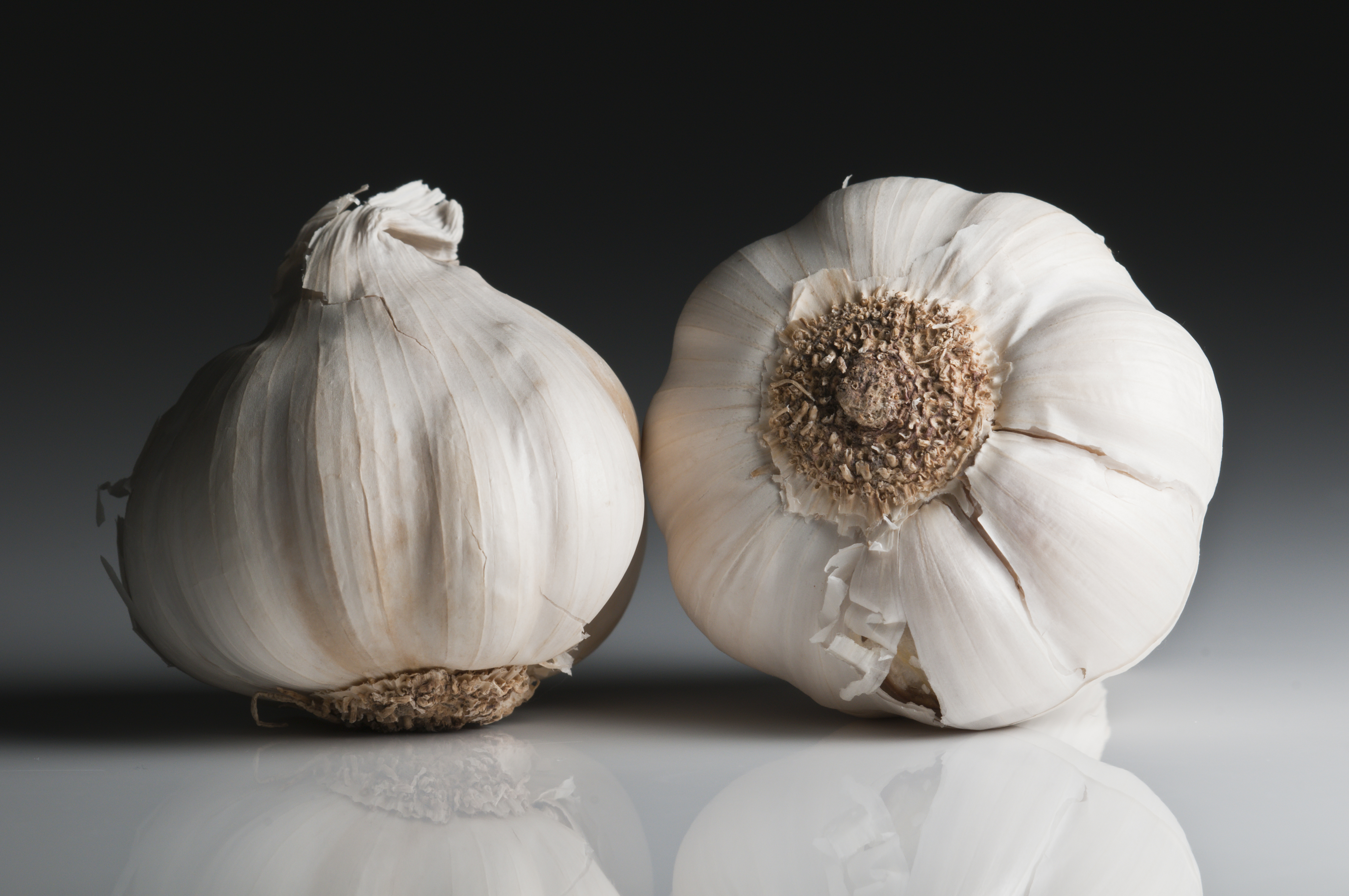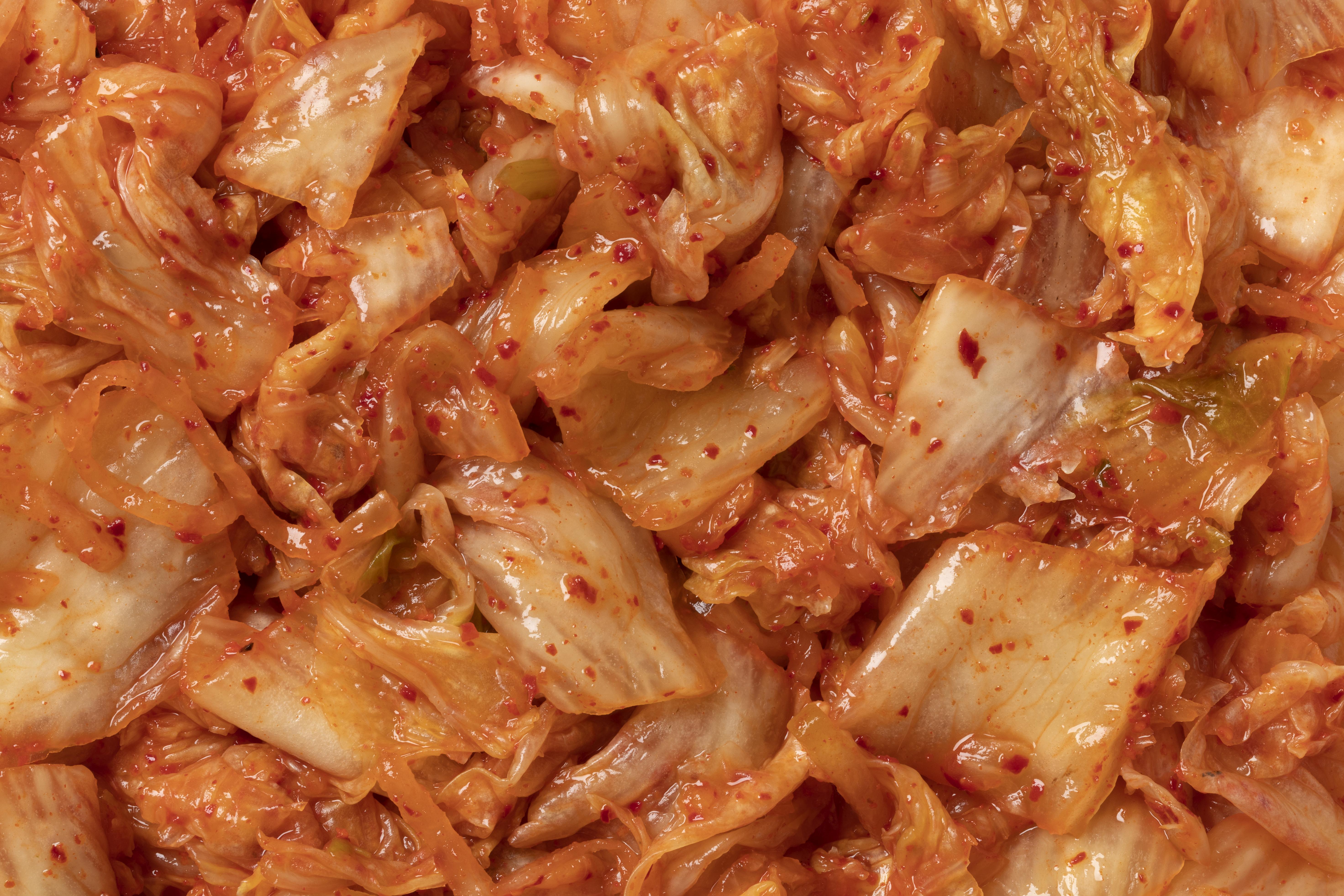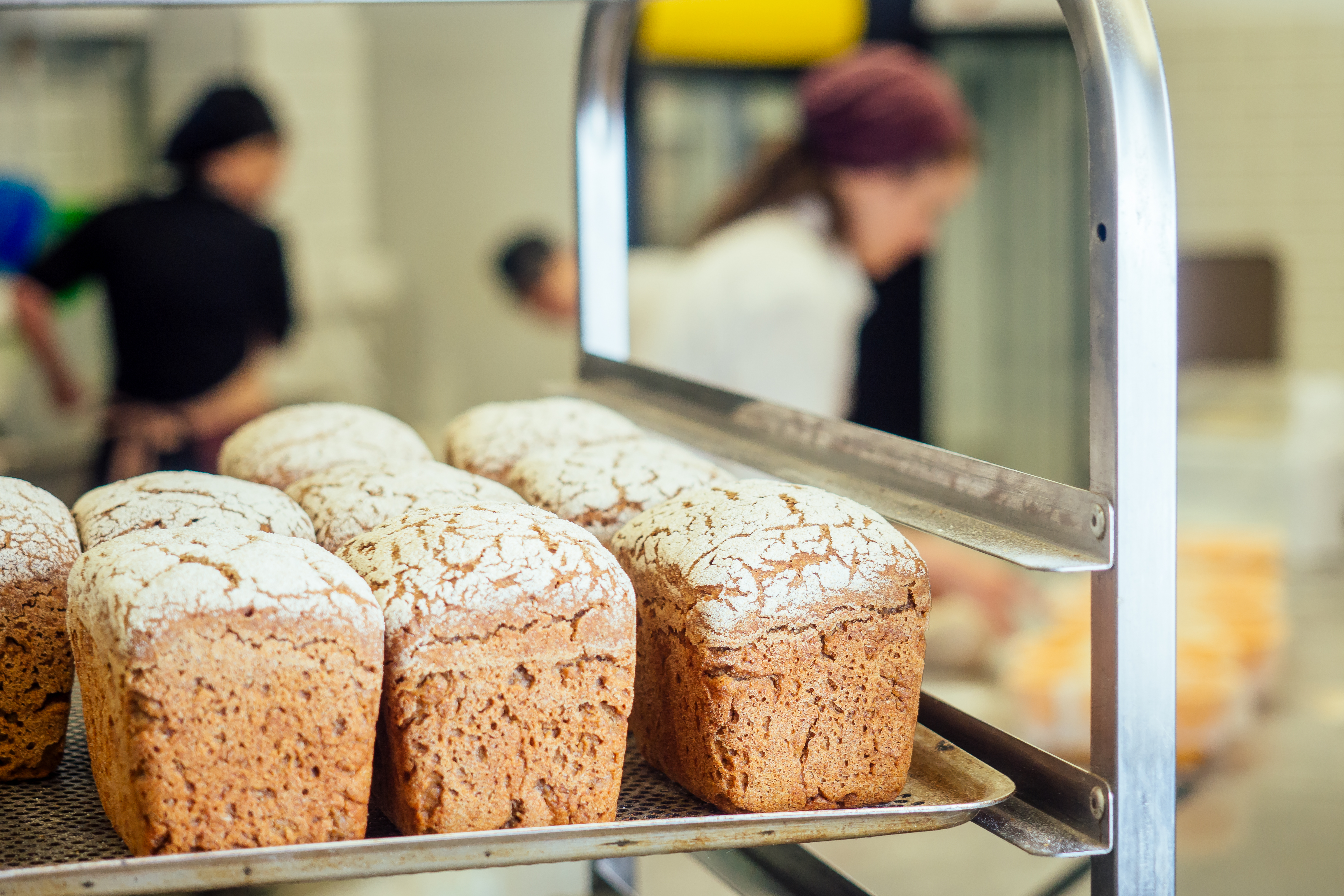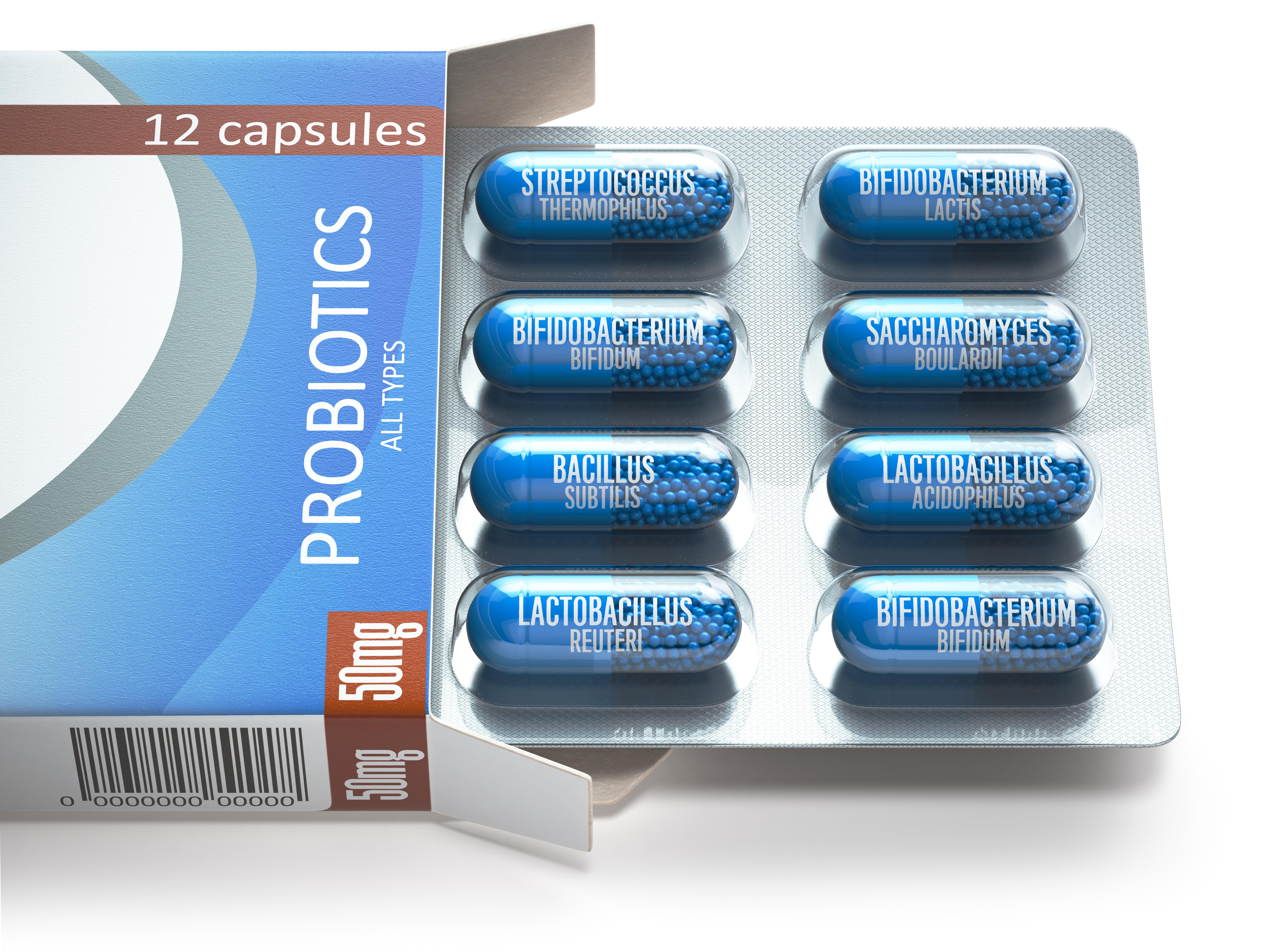Natural Tips to Improve Gut Bacteria
The human gut is a bustling metropolis of microorganisms, collectively known as the microbiome, which plays a crucial role in maintaining overall health. This complex ecosystem aids digestion, regulates the immune system, and even influences mood and mental well-being. However, modern lifestyles often disrupt this delicate balance, leading to various health issues. This article explores 10 gentle yet effective strategies to nourish your microbiome, ensuring a healthier gut journey. By embracing these methods, you can foster a thriving gut environment, enhance your well-being, and embark on a path toward holistic health.
1. Embrace a Diverse Diet

A diverse diet is a cornerstone of a healthy microbiome. Consuming a wide variety of foods provides different types of fibers, vitamins, and minerals that feed various beneficial bacteria in the gut. Aim to include a rainbow of fruits and vegetables, whole grains, legumes, nuts, and seeds in your meals. Each type of food offers unique nutrients that support different microbial species, promoting a balanced and thriving microbiome. By diversifying your diet, you not only nourish your gut bacteria but also reduce the risk of nutrient deficiencies and chronic diseases.
2. Prioritize Prebiotics

Prebiotics are non-digestible fibers that serve as food for beneficial gut bacteria. Foods rich in prebiotics include garlic, onions, leeks, asparagus, bananas, and chicory root. Incorporating these foods into your diet encourages the growth of beneficial bacteria, such as Bifidobacteria and Lactobacilli, which are known to improve gut health and enhance the immune system. Prebiotics also help in the production of short-chain fatty acids, which are vital for gut integrity and overall health. By prioritizing prebiotic-rich foods, you create a nourishing environment for your gut microbiome to flourish.
3. Incorporate Fermented Foods

Fermented foods are teeming with probiotics, live beneficial bacteria that can enhance your gut microbiome. Yogurt, kefir, sauerkraut, kimchi, miso, and kombucha are excellent sources of probiotics. These foods not only introduce new strains of beneficial bacteria into your gut but also help maintain a balanced microbial environment. Regular consumption of fermented foods has been linked to improved digestion, enhanced immune function, and reduced inflammation. By incorporating these foods into your diet, you can naturally boost your gut health and support a resilient microbiome.
4. Limit Processed Foods

Processed foods often contain additives, preservatives, and artificial sweeteners that can disrupt the gut microbiome. High intake of these foods is linked to reduced microbial diversity and an increase in harmful bacteria. To protect your gut health, limit the consumption of processed foods and opt for whole, minimally processed alternatives. Cooking at home using fresh ingredients allows you to control what goes into your meals, ensuring that you provide your gut with the nutrients it needs. By reducing processed foods, you help maintain a healthy and balanced microbiome.
5. Stay Hydrated

Adequate hydration is essential for maintaining a healthy gut. Water aids in digestion, nutrient absorption, and the elimination of waste, all of which are crucial for a thriving microbiome. Staying hydrated helps maintain the mucosal lining of the intestines, creating a protective barrier against harmful bacteria. It also supports the production of mucus, which facilitates the movement of food through the digestive tract. Aim to drink at least eight glasses of water a day, and consider herbal teas or infused water for added variety. Proper hydration is a simple yet effective way to support your gut health.
6. Manage Stress Levels

Chronic stress can negatively impact your gut microbiome, leading to imbalances and digestive issues. Stress hormones, such as cortisol, can alter the composition and function of gut bacteria, reducing microbial diversity. To protect your microbiome, incorporate stress management techniques into your daily routine. Practices like meditation, yoga, deep breathing exercises, and regular physical activity can help reduce stress and promote a healthy gut. By managing stress levels, you create a more harmonious environment for your gut bacteria, supporting overall health and well-being.
7. Get Adequate Sleep

Quality sleep is vital for maintaining a healthy gut microbiome. During sleep, the body undergoes various restorative processes, including the regulation of gut bacteria. Poor sleep can disrupt these processes, leading to imbalances in the microbiome and increased inflammation. Aim for seven to nine hours of uninterrupted sleep each night to support your gut health. Establish a regular sleep schedule, create a relaxing bedtime routine, and ensure your sleep environment is conducive to rest. By prioritizing sleep, you provide your microbiome with the conditions it needs to thrive.
8. Engage in Regular Physical Activity

Physical activity is not only beneficial for physical fitness but also for gut health. Regular exercise has been shown to increase microbial diversity and promote the growth of beneficial bacteria. It also helps regulate digestion and reduce inflammation, creating a favorable environment for the microbiome. Aim for at least 150 minutes of moderate-intensity exercise per week, including activities like walking, cycling, or swimming. By incorporating regular physical activity into your lifestyle, you support a healthy gut and enhance your overall well-being.
9. Avoid Unnecessary Antibiotics

While antibiotics are essential for treating bacterial infections, their overuse can harm the gut microbiome. Antibiotics can indiscriminately kill both harmful and beneficial bacteria, leading to imbalances and reduced microbial diversity. To protect your gut health, use antibiotics only when necessary and as prescribed by a healthcare professional. If you do need to take antibiotics, consider consuming probiotics to help restore your microbiome afterward. By being mindful of antibiotic use, you preserve the delicate balance of your gut ecosystem.
10. Consider Probiotic Supplements

Probiotic supplements can be a valuable addition to your gut health regimen, especially if you have specific digestive concerns. These supplements contain live beneficial bacteria that can help restore and maintain a healthy microbiome. When choosing a probiotic, look for one that contains a variety of strains and has been tested for efficacy. It's also important to consult with a healthcare professional to determine the best probiotic for your needs. By incorporating probiotic supplements, you can provide targeted support for your gut health and enhance your microbiome.
A Holistic Approach to Gut Health

Nourishing your microbiome requires a holistic approach that encompasses diet, lifestyle, and mindful choices. By embracing diverse and prebiotic-rich foods, incorporating fermented foods, and limiting processed foods, you provide your gut with the nutrients it needs. Staying hydrated, managing stress, getting adequate sleep, and engaging in regular physical activity further support a thriving microbiome. Avoiding unnecessary antibiotics and considering probiotic supplements offer additional benefits. Together, these gentle strategies create a comprehensive plan for a healthier gut journey, promoting overall well-being and a vibrant life.